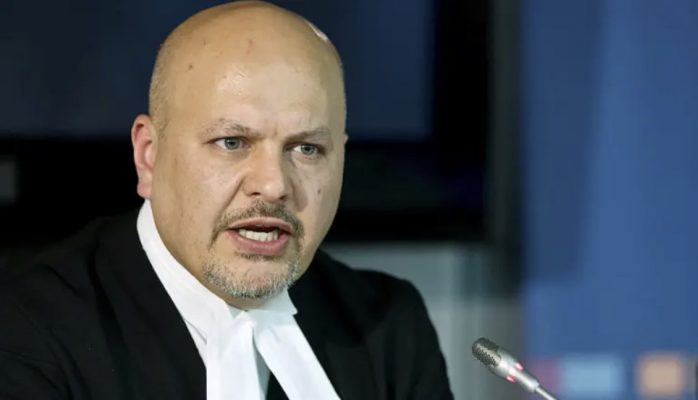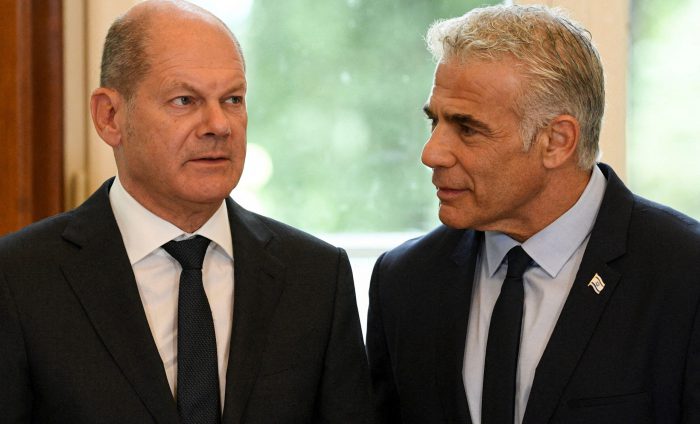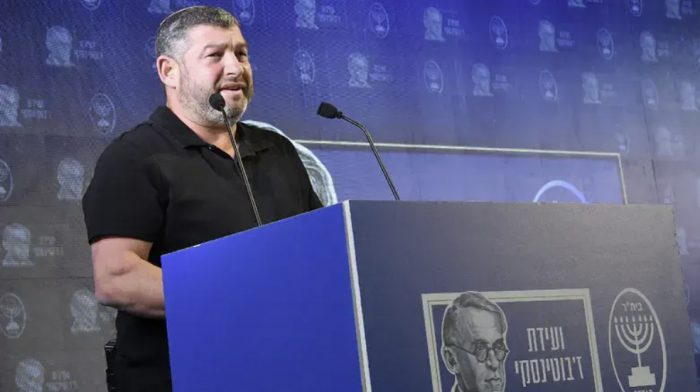A Guardian probe reveals Qatar funded covert campaign to discredit ICC prosecutor’s accuser amid politically charged Israel-related arrest warrants.
London / The Hague — In a stunning revelation shaking international legal circles, The Guardian reported Thursday that the Qatari government secretly funded a London-based firm to discredit the woman who accused International Criminal Court (ICC) chief prosecutor Karim Khan of sexual harassment — a scandal that now exposes deep geopolitical manipulation behind the world’s most powerful court.
According to internal documents obtained by the paper, the Highgate organization and a smaller partner group were paid by a “client country,” referred to only as “Q country,” to gather extensive personal information about Khan’s accuser, her family, and even her child.
The groups, the report says, attempted to fabricate links between the victim and the State of Israel — in what appears to be an effort to delegitimize her complaint by implying Israeli involvement or conspiracy.
The accuser, an ICC staff lawyer, called the campaign “disturbing and heartbreaking,” saying, “The idea that private intelligence firms were instructed to target me is incomprehensible.”
Highgate officials denied the claims, but internal admissions reviewed by journalists confirm Qatari involvement in commissioning the smear operation.
A Weaponized Scandal — And a Convenient Timing
The scandal surrounding Karim Khan — who has temporarily stepped aside — began when the staffer accused him of coercive sexual behavior in 2023–2024. In August 2025, a second woman came forward, alleging that Khan harassed her while she interned for him in The Hague in 2009, describing his behavior as “relentless” and “predatory.”
But what makes the revelations politically explosive is the timeline.
Just three weeks after the first sexual harassment allegations emerged, Khan announced he was seeking arrest warrants against Israeli Prime Minister Benjamin Netanyahu and then-Defense Minister Yoav Gallant — a move widely condemned as politically motivated lawfare against Israel.
The Wall Street Journal noted that the timing “fueled accusations that Khan was seeking to shift focus from his personal scandal by targeting Israel.”
Experts See Clear Political Manipulation
Professor Anne Bayefsky, Director of the Touro Institute on Human Rights and the Holocaust, told Arutz Sheva that Khan’s actions reflected a “perverse antisemitic projection” onto Israel to salvage his own credibility.
“Khan appears to be hoping to save himself by projecting that same perverse antisemitic thought process on the international law world,” Bayefsky stated, arguing that the ICC has become a tool of anti-Israel propaganda rather than impartial justice.
The allegations against Khan and the exposure of Qatar’s involvement paint a chilling picture of how state money and political agendas may be weaponizing international justice — undermining Israel’s legitimacy while protecting the powerful through smear campaigns and misinformation.
The Qatar–ICC Nexus
Qatar has long faced criticism for financing Islamist groups and leveraging Western institutions to advance anti-Israel narratives. The revelation that it funded a covert effort to protect the ICC prosecutor — the same man who targeted Israel — fits a disturbing pattern of manipulation and influence operations extending far beyond the Middle East.
As one diplomatic source put it, “This isn’t about justice — it’s about power, and Israel is once again the convenient scapegoat.”
The Road Ahead
Khan’s legal team continues to deny all misconduct, insisting he “never engaged in sexual harassment of any kind.” Yet, with mounting evidence of Qatari interference, political bias, and compromised investigations, the ICC’s moral standing is under siege.
What began as a personal scandal has now exploded into a geopolitical storm — revealing how anti-Israel bias, corruption, and state-sponsored deceit converge at the highest levels of international law.





